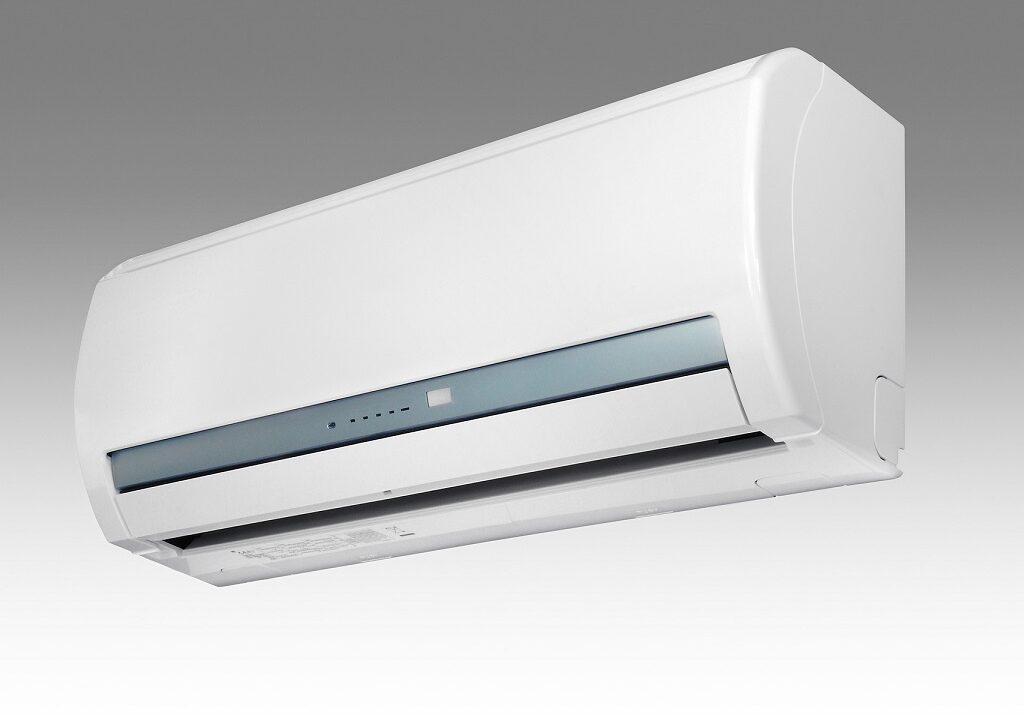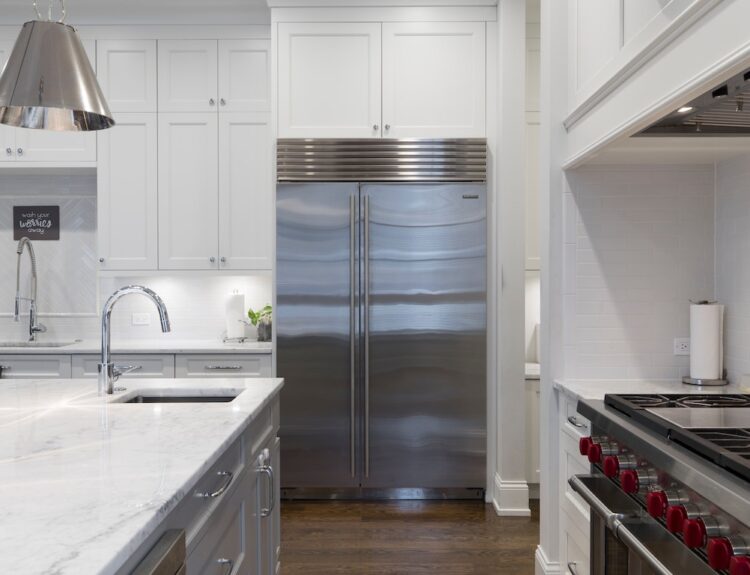An HVAC consists of a heating, ventilation, and air conditioning system that ensures comfort throughout the year. However, selecting the right HVAC system for your house requires careful consideration. Various types of HVAC systems and multiple factors will influence your buying decision.
Read on to explore what an HVAC system is, the different types available, and the factors that’ll help you buy the right system for your home.
What Is an HVAC System?
HVAC (Heating, Ventilation, and Air Conditioning) refers to a system that regulates temperature, humidity, and air quality within a building. An HVAC system works by heating or cooling air and distributing it throughout the house via ductwork, providing a comfortable indoor environment.
Types of HVAC Systems
– Split systems: These systems consist of indoor and outdoor units and offer both heating and cooling capabilities.
– Packaged systems: Packaged systems are a compact all-in-one solution that houses all components in a single unit, typically located outside the house or on the roof. They are suitable for homes with limited indoor space and can provide heating and cooling.
– Ductless mini-split systems: These do not require ductwork and are ideal for homes without existing ducts. Ductless mini-split systems offer zoning capabilities, allowing different temperature settings in different areas of the house.
– Geothermal heat pumps: They utilize the ground’s stable temperature to heat and cool the home. They are highly energy-efficient but require a significant upfront investment.
HVAC System Factors to Consider
– Size: Size affects an HVAC system’s efficiency and performance. An HVAC system that is too small will struggle to meet the demand, while an oversized system may short cycle and waste energy. Consult with an HVAC professional to determine the appropriate size for your home.
– Energy efficiency: Look for systems with high energy efficiency ratings, like the SEER (Seasonal Energy Efficiency Ratio) for cooling and AFUE (Annual Fuel Utilization Efficiency) for heating. Higher ratings indicate better energy efficiency and lower operating costs.
– Climate considerations: Consider your region’s climate when choosing an HVAC system. People living in a predominantly cold climate should prioritize the heating capabilities of the system. In warmer climates, focus on efficient cooling.
– Indoor air quality: Some HVAC systems have additional features to enhance indoor air quality, such as air purifiers or humidity control. Consider systems with built-in air filtration or purification options if you have specific air quality concerns.
– Budget and cost: Determine your budget for the HVAC system, considering both the initial purchase cost and long-term energy savings. While higher-efficiency systems may have a higher upfront cost, they can result in significant energy savings over time.
– Professional installation: Proper installation is beneficial for the performance and longevity of your HVAC system. Hire a professional HVAC contractor with experience installing the specific system you choose.




